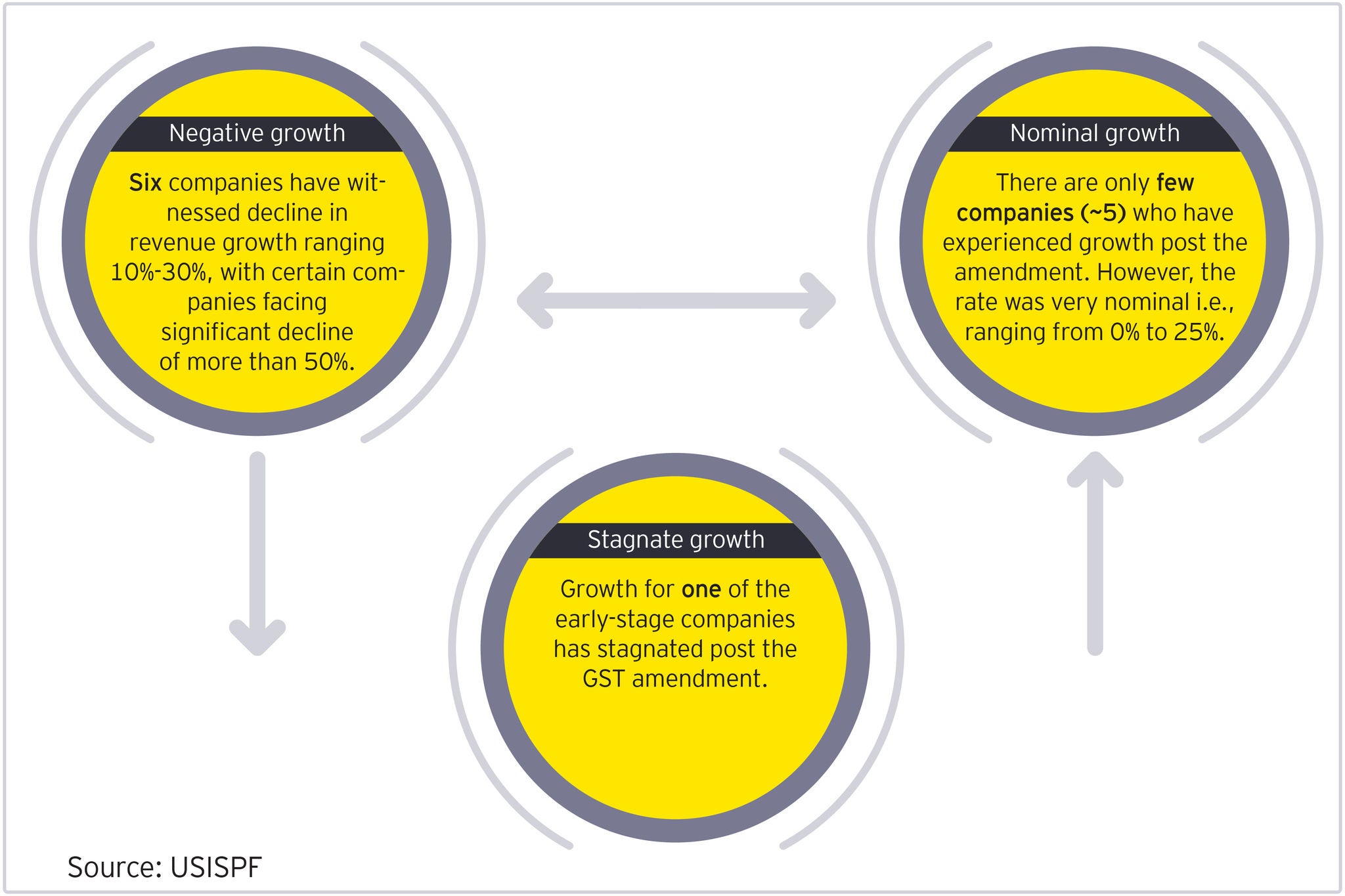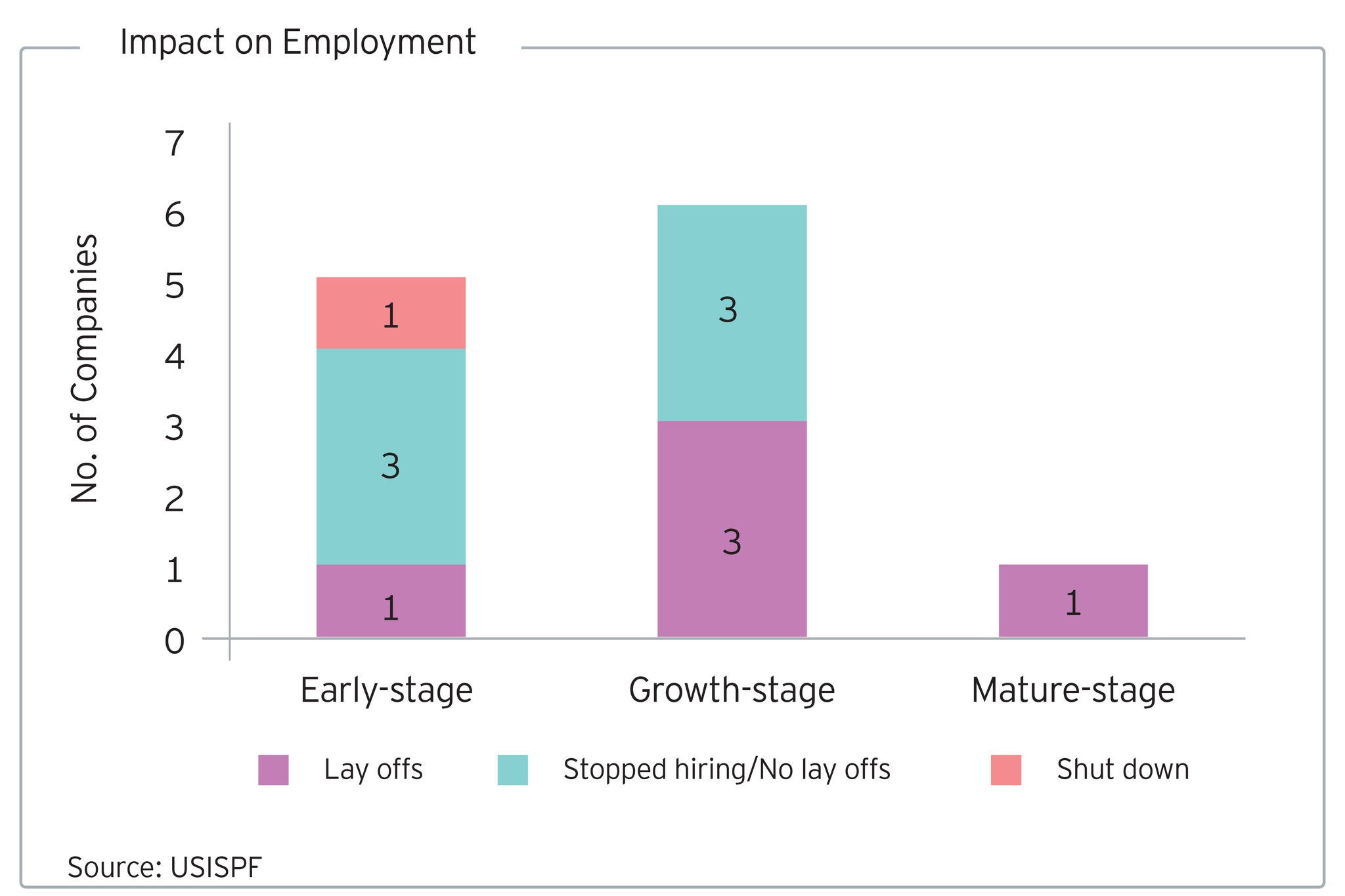EY refers to the global organization, and may refer to one or more, of the member firms of Ernst & Young Global Limited, each of which is a separate legal entity. Ernst & Young Global Limited, a UK company limited by guarantee, does not provide services to clients.
How EY can help
GST recommendations
Most companies covered in this USISPF survey have expressed a preference for the amendment of the GST valuation mechanism to a ‘net deposit’ model (i.e., GGR/ platform fee) with certain companies recommending reducing the total withdrawals (either winnings or otherwise) from the total deposits for GST purposes.
- The report found that assessing the value of services provided by gaming companies based on the amount of contest entry deposits is both inconsistent as there is no direct correlation between the gaming company's provision of technology or infrastructure and the deposits received for contest entry fees.
- Globally, most countries levy tax on Gross Gaming Revenue (GGR, i.e., the amount retained by the gaming platform). In limited cases where countries levy indirect taxes on total deposits, the tax rate is nominal to maintain parity with tax levied under the GGR model and not burden the sector with an unduly heavy taxation of online skill games.









